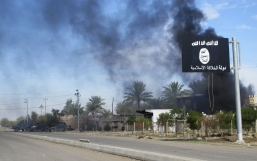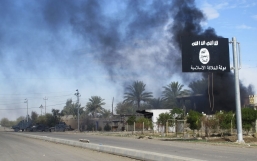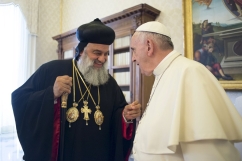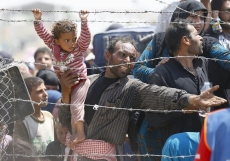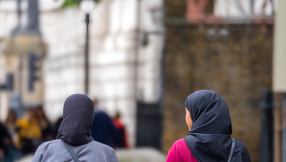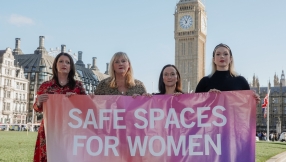Almost 4,000 Christian families were among the first to flee the latest surge of Islamic State violence in the city of Hasakah, in north-eastern Syria, Fides news agency reports.
The IS assault on government-held districts in Hasakah began on June 25, although there have been a number of attacks on the city in recent months. The fighting is thought to have displaced around 120,000 people within the city and the surrounding villages, according to the UN Office for the Coordination of Humanitarian Affairs (OCHA).
At the same time, the militants also launched an attack on Kobani, on the border with Turkey, in which they killed around 200 civilians before being driven out by Kurdish forces.
Archbishop Jacques Behnan Hindo, head of the Syrian Catholic Church in Hasakah, was forced to flee and went with his fellow Christans to the nearby city of Qamishli.
He told Fides that when IS arrived in Hasakah some of the locals had joined Islamic State. "When [they] arrived in the south-eastern district of al-Nachwa, women and children were asked to leave the city. But young boys and adults remained, and have sided with Daesh [IS].
"And now that very large neighborhood is at the center of the most violent clashes between government forces and those of the so-called Islamic State."
He added that the Kurdish militias had only responded to IS raids when they tried to attack the Kurdish districts in the eastern part of the city.
The humanitarian needs of the refugees in Qamishli "increase day by day", the Archbishop said, though acknowledging that Catholic relief organisation Caritas has already sent aid.
He said they are living in makeshift camps, with many forced to sleep in the open. "The situation gets more and more complicated by the day, due to the unbearable heat," he added.
The Assyrian Network for Human Rights reported than many Christian families were also being sheltered in churches, monasteries and schools as well as by Qamishli residents.










